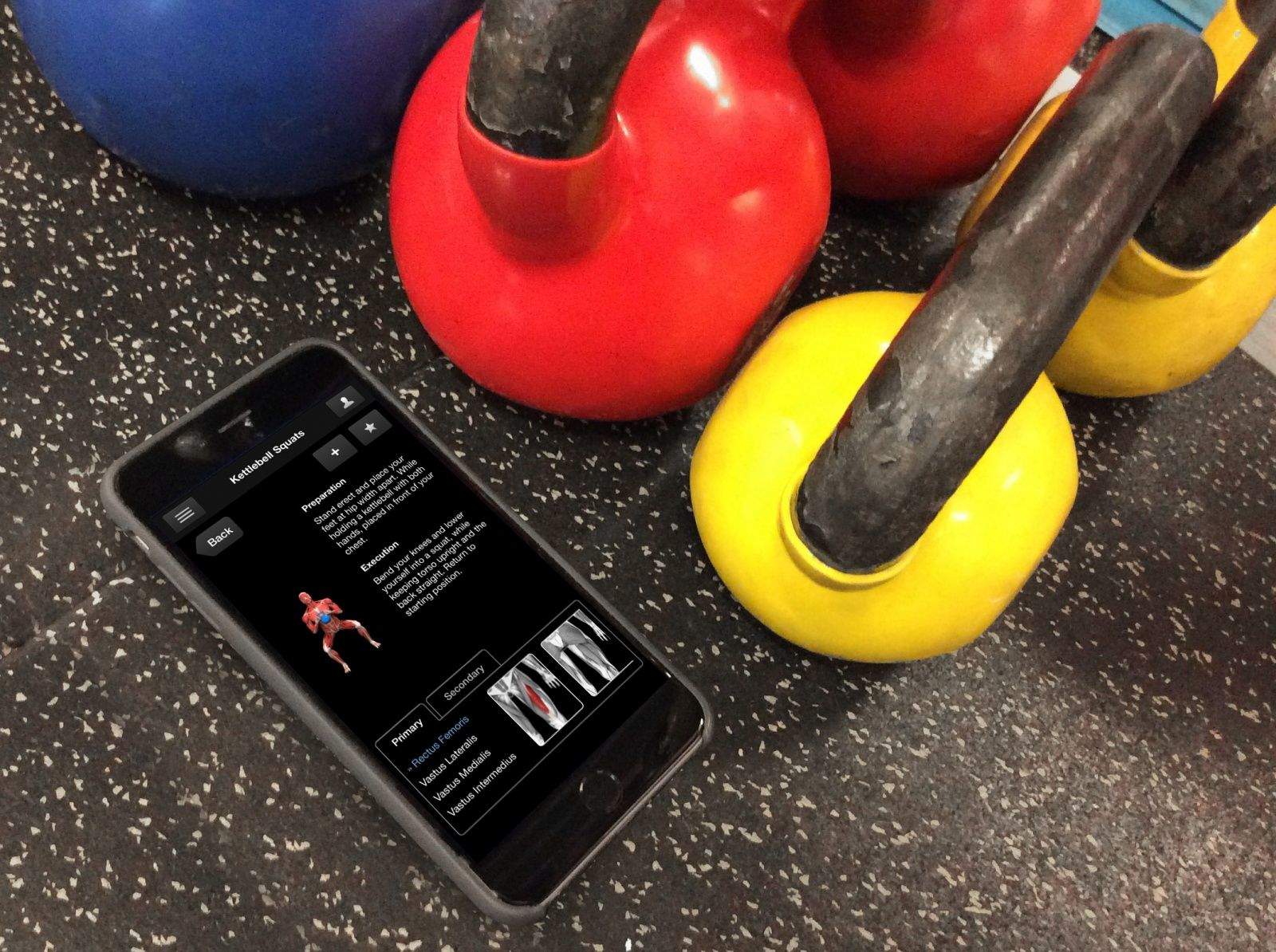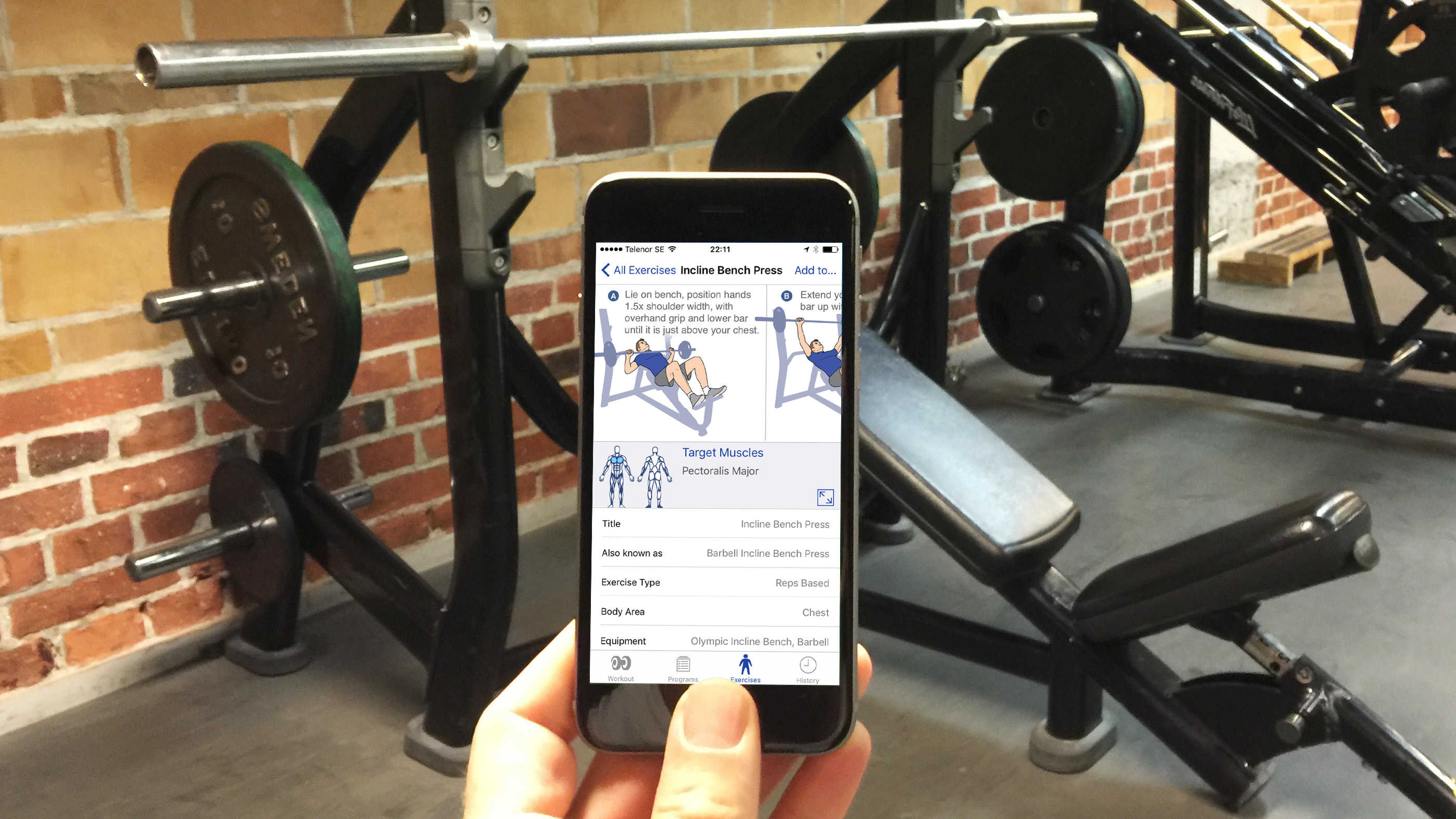New research suggests that iOS fitness apps stink at giving you a complete workout. As the developer of one such app, you might think I would disagree. But I don’t. In fact, the only thing I would challenge is the researchers’ conclusion that app developers could do better. They can’t.
Fitness apps can be indispensable if you already know what you are doing, but If you are new to exercise, you should not rely on them to get you started.
Don’t trust an app to set your goals
The App Store offers such a bewildering array of fitness apps, it can be hard to know where to start.
A lot of guys want to get a six-pack, so maybe Runtastic Six Pack Abs Workout is the answer. If you want to exercise as little as possible, Johnson & Johnson 7 Minute Workout looks tempting.
But picking fitness apps this way is like wandering into a drugstore and selecting medicine based upon the color of the tablets. If you take the wrong drug for your condition, the chances are you will do more harm than good.
Instead, you need to start by setting realistic goals that take into account factors like your current fitness level and lifestyle. Fitness apps can’t do this for you because they are not tailored to your individual needs.
Take apps that just target your six-pack, for example. Focusing exclusively on one body area, like your abs, while neglecting other muscle groups could give you problems with your posture. If you are going to use a targeted app like this, you will need a combination of apps to ensure you give your whole body a balanced workout.
Apps can’t check you are doing exercises safely and effectively
Even if you find the right combination of apps to match your goals, there are still limitations on what they can do for you. They can show you how to do exercises — with photos, diagrams and even video demonstrations — but they can’t check to make sure you are doing them correctly. And watching someone else perform an exercise is very different from doing it yourself.
For example, with many exercises, it is important to keep your back straight (or in a “neutral position“). The trouble is that sometimes when you think you are keeping your back straight it may actually be flexed. Even using a mirror does not always help you to check, because you can’t always find the right angle to see what you are doing.
This is important because if you perform an exercise incorrectly, you could put your back out for a month.
Cutting-edge apps are beginning to be able to recognize what exercise you are doing and count your reps — but they remain a long way from being able to give you reliable feedback on your technique. You could use the camera on your iPhone to make a video of yourself performing an exercise like a deadlift, but without the necessary expertise, you still can’t judge whether you are doing it right.
You can’t beat a skilled personal trainer
Many apps claim in their marketing that they can save you money on expensive personal trainers, but I think they are wrong. A skilled personal trainer can help you set realistic goals based on your individual requirements, and provide coaching to ensure you are doing your exercises safely and effectively. This sort of guidance is essential for beginners — and no app can replace it.
But it is true that personal trainers can be expensive. The good news is that consulting a fitness instructor at your local health club or gym is often a free service that comes as part of your membership. In most cases they are keen to help you, because that is what they actually signed up to do when they took the job — it is far more interesting and motivating for them than dusting the equipment and selling protein shakes. So don’t be shy. Ask for some help.

Photo: Graham Bower/Cult of Mac
I learned the hard way
I began my personal fitness journey seven years ago. I was middle-aged. I had never done any exercise before and I was recovering from cancer treatment that had prompted me to take my health more seriously.
Back then, there were no fitness apps (the iPhone had only just launched). But plenty of men’s magazines made misleading claims on their covers, like “Get a six-pack in just six weeks.”
After trying to follow the advice of these magazines for a few weeks, and failing to get the results I wanted, I finally conceded defeat and made an appointment with Daniel, the fitness instructor at my local gym.
He was young, enthusiastic and in great shape. I thought he would groan when he saw a clueless middle-aged guy like me, but he was very professional. He got to know me, helped me set some realistic goals and showed me how to use the gym’s equipment. Every four weeks, he reviewed my progress and updated my program. It was exactly the introduction I needed, and I finally began to make some gains.
Over the past seven years, I’ve come a long way. I’ve gotten into shape, learned a lot and even developed my own iOS fitness app with my partner Martin Algesten. Our app Reps & Sets is designed for logging your workouts once you know what you are doing. What it does not attempt to do is to replace the expertise of someone like Daniel.
I believe the researchers from the University of Florida who published this week’s report were looking for apps that could provide an alternative to a fitness instructor. In my opinion, no app can do that. At least not yet. And personally I hope they never do. We spend far too much time gazing at our iPhones as it is.


